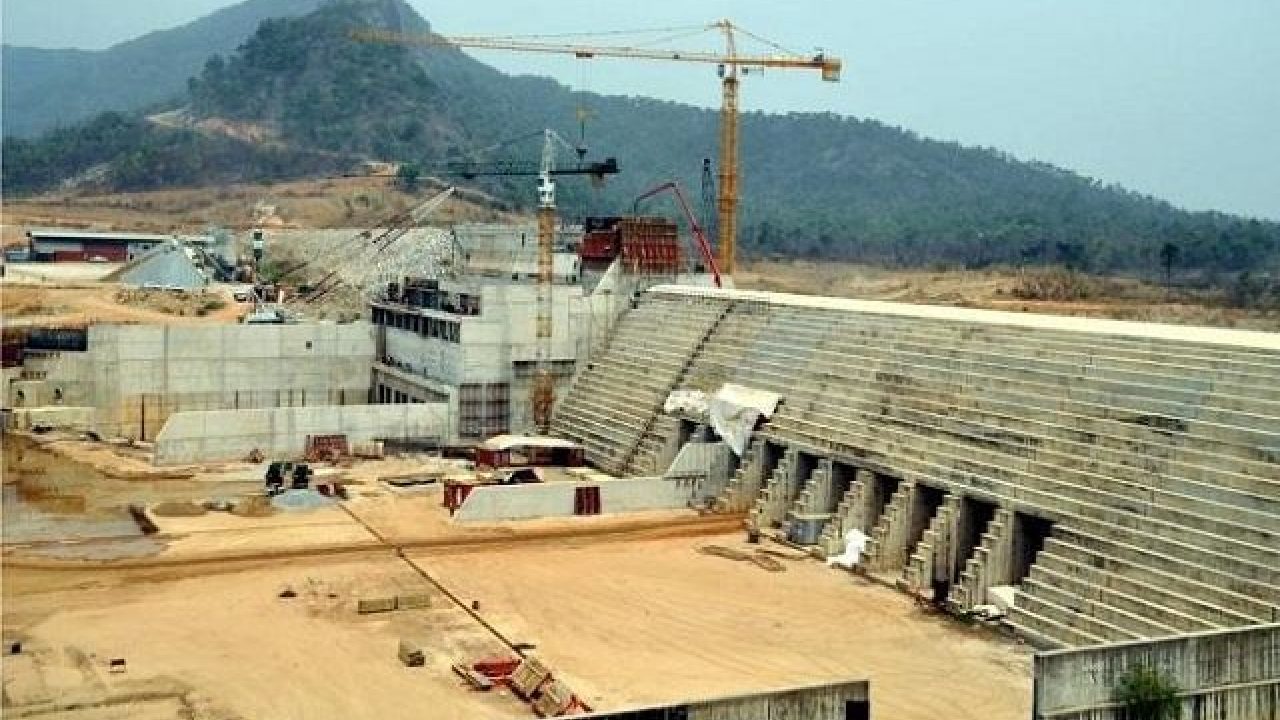Mambilla power project must be actualised
The Mambilla Hydro-Electric Power project is again at the centre of national discourse. Sadly, in its 50-year history most conversations about this project have been about failures; from its inability to take off, to lack of political will on the part of the authorities to inadequate funding. The multi-billion naira dam project, conceived in 1972, […]

Mambilla hydropower
The Mambilla Hydro-Electric Power project is again at the centre of national discourse. Sadly, in its 50-year history most conversations about this project have been about failures; from its inability to take off, to lack of political will on the part of the authorities to inadequate funding.
The multi-billion naira dam project, conceived in 1972, was once projected to be the largest hydro-electric dam in Africa with four dams on the Gembu River in Taraba State and two underground stations that could generate 3,050MW of power. With the power supply problem in Nigeria, one cannot overemphasise the importance of this project, which is why many Nigerians received with shock the news that only a meagre N650 million was allocated to the project in the 2022 budget. Considering the situation of things at the site at the moment, it is evident that government will need a whole lot more than that to get the project off the ground.
- NIGERIA DAILY: Mambila: 100 Billion Naira Down the Drain
- Parallel congresses: Pressure on Buni to sanction Shekarau, Amosun, Aregbesola, others
For years now, Nigeria has continued to make budgetary allocations for this project with nothing to show for it, which begs the question on the country’s seriousness about it. Is the government merely including the project in the budget or is it actually desirous of seeing it to completion. Following recent reports on the state of things at the project site, there are concerns that it may turn out to be just like the Ajaokuta Steel Company in Kogi State, which has become a permanent sinkhole in federal finances with little or nothing to show for it.
That must not be allowed to happen to the Mambilla project. Government must do everything within its power to ensure that it is concluded. We cannot continue to complain of shortage/lack of power supply when there is a project that can solve a huge part of that problem. Aside from tackling power issue, the project will create about 50,000 permanent and temporary jobs, opportunities for export, irrigation farming, manufacturing, tourism and a reduction on the dependence on fossil fuel-powered energy sources.
It is really unfortunate that almost 50 years after inception, the project has not gone beyond the stage of conducting site surveys, sensitization, enumeration, skill acquisition, capacity building, and preparation for compensating affected groups. In fact, there are reports that instead of actually compensating the people so that work can move on, some people claiming to be government officials are extorting residents of the area under the pretence of capturing them for compensation. The government must step up its game on this issue and immediately too. It should be transparent about the work it is doing there; details of the contract and debts it is signing and acquiring on behalf of the Nigerian people and ensure that only the best is good enough for this country.
The government should immediately mobilise the contractors to site and investigate and prosecute any person/ official found to be a cog in the wheel of progress. Fortunately, the Senate Committee on Local Content only recently assured that all litigations and compensation issues that have held back the project have been resolved, clearing the ground for construction proper to begin before year end. It is hoped that this government will act fast, especially as it has just a little time left in office.
As of today, the total cost of the Mambilla HEPP is estimated at $5.8 billion, 85 per cent of which will be provided by the China Export-Import Bank on loan. The remaining 15 per cent ($870 million) will be provided as counterpart funding by the federal government. The government must, therefore, come clean on how it intends to ensure accountability in managing its 15 per cent counterpart funding and how exactly it plans to repay the huge $4.9 billion the Chinese Exim Bank will lend it.
This is important, especially considering the huge losses anticipated in a post-pandemic economy and the fact that the Nigerian electricity market lost a combined N1 trillion in 2019 alone. A third of these losses are as a result of unbilled or uncollected revenues.
The government must work out a clear strategy to repay this debt and ensure that Nigeria is not beholden to a foreign entity for a minute longer than necessary.
The Mambilla project must not become another pipe dream.
